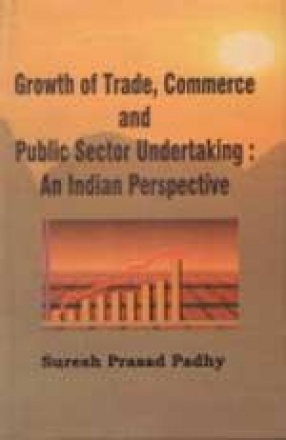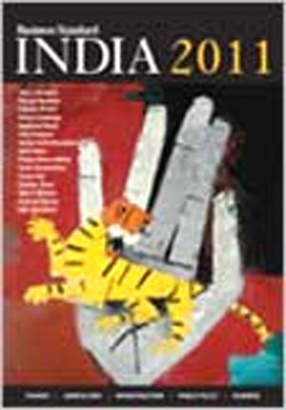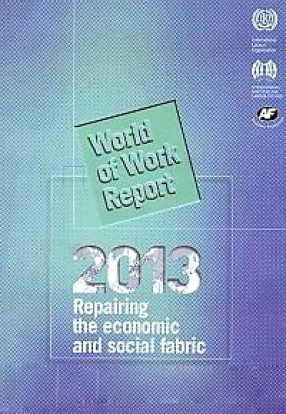The book in its entirety speaks about the genesis and development of trade and commerce. In the absence of authoritative references on the subject of commerce in ancient India, one has to rely upon the Buddha-Jatakas and Arthasastra written by Kautilya. Of course, different ancient mythological texts vividly describe existence of trade and commerce even during pre-Vedic era. Buddhist literature describe free flow of trade and maritime commerce in ancient Orissa and Southern Indian states. Trade with Rome did not constitute a literary fiction. Thesaurus of information is available on the subject. Epoch-making discovery came from Hippalus around 45 AD when regularity of South West monsoon-wind could be recorded on the pages of Periplus, the Greek merchants’ hand book. From Hippalus, (45 AD) to Francis Bacon (1561-1626), there has been a long journey, when Bacon declared "knowledge, is power, and scientific knowledge reveals power over nature". He further went on to add that labour-saving devices would liberate mankind; the labour saved would be utilized elsewhere for the betterment of humankind. Then came the famous dictum of Kant "Sapere Aude" meaning dare to know. Scientific innovations could not take a back seat. James Hargreaves and Richard Arkwright came out with innovations to increase production and manufacture of cotton yarn, followed with Thomas Newcomen and James Watt who indeed brought out the revolution by their inventions of steam engine. Public sector, a modern phenomenon, is mostly an outcome of the great depression. Though public sector had started making its presence felt in the middle of nineteenth century, its efficacy could be judged only in the post-independence era, especially in an environment where the private sector where either unwilling or incapable to come forward. The public sector enterprises got a boost in the Second Industrial Resolution Policy of 1956, when Government of India, in tune with the "Directive Principles of State Policy" while enunciating ‘socialistic pattern of society’, decided that public sector should have a dominant role in shaping the economy of the country. In this volume, the author has tried to explain the existence of trade and commerce during ancient India and whether there had been any role and control of monarchy or the ruling clan in shaping and developing the same? If so, to what extent? Similarly, attempt has been made to explain the circumstances leading to growth of public sector in India, its resultant mammoth presence and its dominant character in shaping the economy of the country. It has also been explained that the circumstances in which the earlier policies have been modified, and private sector and Multi National Companies have been allowed to grow during post-1991 period.
Growth of Trade, Commerce and Public Sector Undertaking: An Indian Perspective
In stock
Free & Quick Delivery Worldwide
reviews
Bibliographic information
Title
Growth of Trade, Commerce and Public Sector Undertaking: An Indian Perspective
Author
Edition
1st ed.
Publisher
Uppal Publishing House, 2007
ISBN
8176580368
Length
x+310p.
Subjects





There are no reviews yet.